Posted Feb. 12, 2016
Updated March 1, 2016
Welcome to the newest online issue of Scotch Bonnet. This marine education newsletter also is available as a PDF — if you’re like me and want to keep a hard copy!
Winter is here, but spring is just around the corner. It’s been a crazy-weather winter so far with small accumulations of snow here on the Outer Banks. Will there be more? I’ve always heard (from my grandmother and others) that it will snow nine days after it thunders during the winter. Of course, the number of days varies between seven and 14, but I go with my grandmother’s prediction of nine. I’m counting the days since the last thunder and will let you know if we have more snow! For the upcoming spring, there are a number of Earth Day activities going on across the state, as well as events with the statewide North Carolina Science Festival that runs April 8 to 24. Check out www.ncsciencefestival.org/ for a calendar listing.
The Blue Heron Bowl, North Carolina’s regional competition for the National Ocean Science Bowl (NOSB), occurred the first weekend in February. Congratulations to first place winners from Walter Williams High School in the Alamance County-Burlington School System! They move on to the national finals in April.
Second place went to a team from Chapel Hill High School from Chapel Hill-Carrboro City Schools. Teens from Eugene Ashley High School, in New Hanover County Schools, came in third. Swansboro High School from Onslow County Schools earned the coveted Sportsmanship Award.
You can find details on Twitter by searching for #BHB16 and/or Blue Heron Bowl. Additional photos and reports will be in the spring issue of Coastwatch magazine.
North Carolina is thrilled to be hosting the NOSB national finals April 21 to 24 in Morehead City. Follow @NOSBRocks on Twitter to keep up with all the action. The University of North Carolina at Chapel Hill’s Institute of Marine Sciences, Carteret Community College and Seahorse Coastal Consulting are the local hosts. The Spring 2016 issue of Scotch Bonnet will share results. NOSB rocks!
Thanks to Pat Curley, Jennifer Metzler-Fiorino, Casey Radley, Renee Strnad and Ben Wunderly for their contributions to this issue. Wishing you all a wonderful summer!
Explore this issue of Scotch Bonnet. There are professional-development opportunities and family explorations for everyone. Try to take advantage of these wonderful conferences, workshops and more. Keep reading for unique opportunities and ideas for educators. There is a lot going on in North Carolina and beyond!
naturalsciences.org/learn/educators-of-excellence-institutes
Educators, are you looking for a fabulous professional development activity this summer? Educators of Excellence Institutes, through the N.C. Museum of Natural Sciences, will provide field-based learning experiences in Belize and Yellowstone this summer. The Educators of Excellence Fund supports these trips, keeping costs reasonable for selected teachers. But, hurry — applications (including a recommendation) are due Monday, March 7.
Any educator, formal or informal, early childhood through university, is invited to apply. For more information, go to http://naturalsciences.org/learn/educators-of-excellence-institutes.
www.nccoastalreserve.net/web/crp/summer-science-school
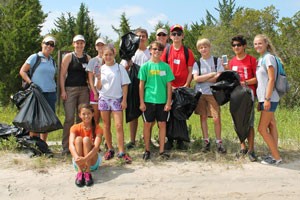
Students can participate in a three-day coastal conservation camp. Photo courtesy N.C. Coastal Reserve
The Coastal Conservation Fellows summer camp, offered by the N.C. Coastal Reserve and National Estuarine Research Reserve in partnership with the N.C. Maritime Museum in Beaufort, will help middle- and high-school students understand the complex balance of managing and conserving natural resources and human activities along our coast.
This year’s conservation camp will focus on the rare crystal skipper butterfly, which is only found near the Crystal Coast. The crystal skipper just recently received its species name. As part of the class, students will learn about the conservation challenges surrounding the butterfly. A crystal skipper expert, NASA scientist, and Coastal Reserve staff will provide classroom instruction and hands-on field experiences over the course of the three-day camp.
Call 252-728-7317 for more information.
About Summer Science School
The Coastal Conservation Fellows camp is offered by the N.C. Coastal Reserve and National Estuarine Research Reserve as part of the N.C. Maritime Museum’s Summer Science School. For over 50 years, the Summer Science School has offered students the opportunity to learn about the natural and maritime history of coastal North Carolina through creative, hands-on experiences.
All life on Earth relies on the ocean — yet, the ocean is 95 percent unexplored, unknown and unseen by human eyes…
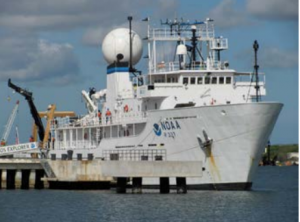
NOAA Ship Okeanos Explorer berthed
in Pearl Harbor, Hawaii. Courtesy
NOAA Office of Ocean Exploration
and Research.
Join NOAA’s Office of Ocean Exploration and Research’s Connie Leverett as you are introduced to Volume 2 of the Okeanos Explorer Education Materials Collection, How Do We Explore? Learn how to use standards-based lessons and online resources that guide classroom inquiries into important reasons for ocean exploration, including climate change, energy, ocean health and human health. This is the second in a two-part professional-development series. Educators who have not yet participated in Part One are welcome to register for Part Two.
Topics include selecting sites for exploration in a largely unknown ocean, mapping underwater sites and exploring the water column. Deep-ocean exploration also is addressed, including remotely operated vehicles and telepresence technology that enables participation during ocean exploration missions from shore in real time.
Educators attending the full day will receive How Do We Explore? activity guide; a NOAA Ocean Exploration Certificate of Participation; and other resources. Continental breakfast and lunch also are provided. Educators who have completed both Why Do We Explore? (Part One) and How Do We Explore? (Part Two) will receive a $100 stipend.
Registration is required and space is limited. Registration deadline is Friday, Feb. 12. To register, visit https://reservations.ncaquariums.com/fortfisher/Info.aspx?EventID=20. There is a $25 registration fee, which will be returned upon completion. For questions and information, call 910-772-0542.
Help keep our seas plastic-free! Please bring a reusable water container and a refillable coffee cup. Also bring a laptop, tablet or smart phone to follow along during the workshop.
Calling all students ages 11 to 18 in North Carolina and surrounding areas. Get involved in ocean conservation by taking a stand against marine debris in your local marine ecosystem and create a plan of action!
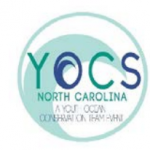 The Youth Ocean Conservation Summit (YOCS) will provide young people with the skills and social connections to plan, fund and carry out successful conservation projects. YOCS offers inspiring presentations by local marine professionals, as well as student presentations. Sessions cover grant writing, fundraising, marketing, using social media, communicating through art, public speaking and other essential skills.
The Youth Ocean Conservation Summit (YOCS) will provide young people with the skills and social connections to plan, fund and carry out successful conservation projects. YOCS offers inspiring presentations by local marine professionals, as well as student presentations. Sessions cover grant writing, fundraising, marketing, using social media, communicating through art, public speaking and other essential skills.
The first YOCS occurred in Sarasota, Florida. For the past five years, summits have popped up in Long Island, Savannah, Providence and Seattle. North Carolina is thrilled to be hosting such an exciting event.
The NCYOCS registration fee includes lunch and a T-shirt.
Register online to guarantee your spot: .
Questions? Contact Leslie Smith at Lmsmit19@ncsu.edu.
The North Carolina Aquarium at Fort Fisher presents Sea Turtle Exploration. This curriculum helps educators engage students in the fundamentals of STEAM — science, technology, engineering, art and math — through readyto-use, standards-based lesson plans focusing on sea turtles. Join the event on Saturday, March 5, for the hands-on, teacher workshop guiding you through our new curriculum and website.
 In addition to the curriculum, you will learn about more resources, such as weekly blog posts that will be made during the school year. Topics will include species profiles, aquarium staff spotlights, behind-the-scenes video and new lesson plans. Follow the growth of the N.C. Aquarium hatchling sea turtles by visiting the blog each week.
In addition to the curriculum, you will learn about more resources, such as weekly blog posts that will be made during the school year. Topics will include species profiles, aquarium staff spotlights, behind-the-scenes video and new lesson plans. Follow the growth of the N.C. Aquarium hatchling sea turtles by visiting the blog each week.
Aligned with the Common Core standards, your class can “adopt” a sea turtle and learn about its care and growth.
By adopting a turtle, you receive weekly updates with the turtle’s current weight and length, and other data. Each class also will receive a certificate of participation.
By the end of the workshop, you will be familiar with the website and curriculum and how to implement the lessons in your own classroom. The workshop offers a behind-the-scenes tour to meet one of the sea turtles. This workshop will count toward N.C. Environmental Education Certification. The six contact hours may count toward CEUs for teachers.
To register, visit https://reservations.ncaquariums.com/fortfisher/Info.aspx?EventID=20. If you have questions, call 910-772-0507.
Help keep our seas plastic-free! Please bring a reusable water container and a refillable coffee cup. Also pack a waste-free lunch, as there will not be food available on site.
sites.google.com/site/msepcompetition/home
The 2016 North Carolina Marine Science and Education Partnership’s Coastal Marine Science Competition is now open for registration! This online competition is open to anyone who is a full-time, registered student between the ages of 13 and 18 enrolled in a private or public middle or high school in the state of North Carolina.
Students can participate individually or in teams of three. With cash prizes for winners, this is a great way for students interested in coastal and marine sciences and technology to learn about coastal research in North Carolina. The last date to submit entries is April 1, 2016.
For more information, visit the competition web site: http://sites.google.com/site/msepcompetition/home.
This daylong event will include several presentations focusing on whales and historic hunting practices. Participants will learn about species of whales that can be found in our coastal waters, how some of these whales were hunted from the shore, and the diversity of marine mammal strandings in North Carolina.
Presenters and topics include:
Whales of North Carolina: Keith Rittmaster, Natural Science Curator
Whale species that have been documented in North Carolina’s coastal and offshore waters.
Native American Whaling and Porpoise Hunting: John Hairr, Education Curator
Hunting and utilization of East Coast whales, dolphins, and porpoises by Native Americans.
The History of Whaling in North Carolina: Benjamin Wunderly, Associate Curator
Whaling practices along the N. C. coast from the Colonial Period to the early 20th Century.
Legendary Cetaceans: Christine Brin, Historic Interpreter
Stories and legends regarding marine mammals, some well-known and others specific to North Carolina.
N.C. Marine Mammal Stranding Response: Vicky Thayer, Stranding Coordinator
Efforts to record and study stranded marine mammals found along the North Carolina coast.
This inaugural event will be held in an indoor museum auditorium. Lunch is not included but there will be a break at noon, with lots of restaurants in walking distance. For more information, visit !/55354-north-carolina-whales-and-whaling-symposium.
Although this event is free, please register so we can get an estimate of attendance. Participants can register by contacting program registrar Francoise Boardman at 252-728-7317 or Francoise.Boardman@ncdcr.gov.
midatlantic.marinetech2.org/
NC State University’s Center for Marine Sciences and Technology (CMAST) is hosting a MATE (Marine Advanced Technology Education) ROV Pilot Competition on Saturday, April 16. The competition is for students age 11 to 16, in three-person teams. The $100 registration will include team T-shirts, lunch and awards, as well as a loaner ROV kit to be used at the competition. Contact Pat Curley for more information: pwcurley@ncsu.edu.
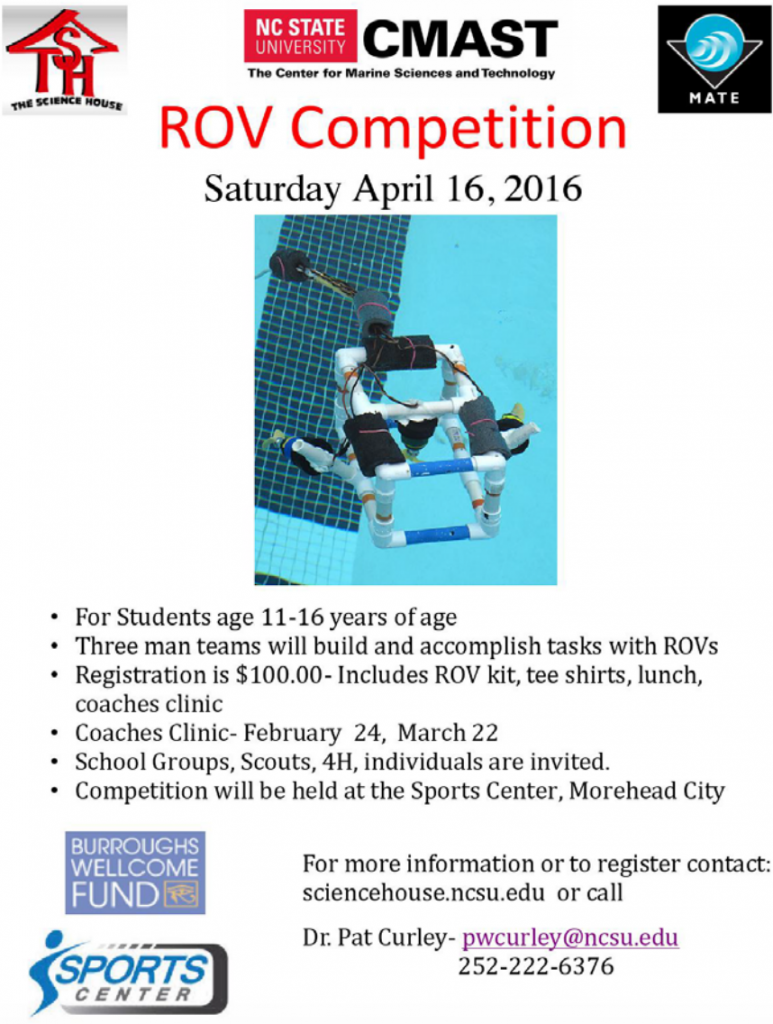
www.brunswickcc.edu/web/wpc/uploads/2015/11/2016-Spring-Ecotourismprograms.pdf?2be7e3
Brunswick Community College offers a nice selection of ecotourism courses through their Sustainability through Innovation Leadership Center. These courses, some offering Environmental Education Certification credit, are designed for those seriously considering volunteering in or expanding their knowledge of the Cape Fear Region.
From Coastal Carolina Heritage to Hiking the Coastal Plain, or Natural Wonders of Brunswick County, course participants will discover more about the natural, historical, and cultural wonders of southeastern North Carolina.
For classes offered this semester, visit: http://www.brunswickcc.edu/web/wpc/uploads/2015/11/2016-Spring-Ecotourismprograms.pdf?2be7e3.
There are many conferences scheduled for this year. Join your fellow marine educators and beach lovers at one — or more — of these great events.
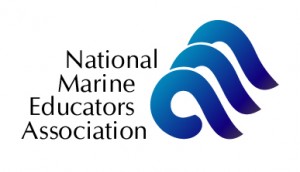 |
|
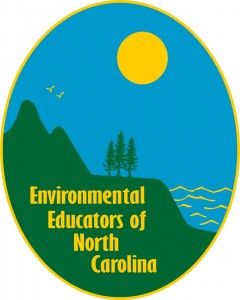 |
|
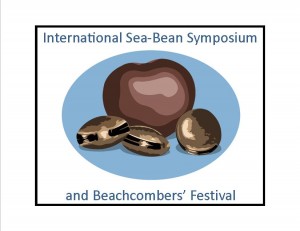 |
|
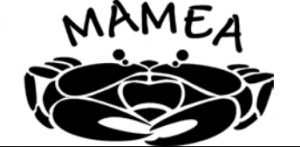 |
|
If you ever have information to share with other marine educators, please don’t hesitate to send it my way for inclusion in a future issue of the Scotch Bonnet. Let me know what you’re hearing from the sea!
Please share this website or newsletter with others — and share my email address with anyone who wants to receive a message when each Scotch Bonnet is available online. Thanks for all you do for students and for other educators!
My contact information is: North Carolina Sea Grant, PO Box 699, Manteo, NC 27954; phone: 252-475-5486; fax: 252-475-3545; email: terrikh@csi.northcarolina.edu.
Best Fishes!

Terri Kirby Hathaway
Marine Education Specialist
North Carolina Sea Grant
terrikh@csi.northcarolina.edu